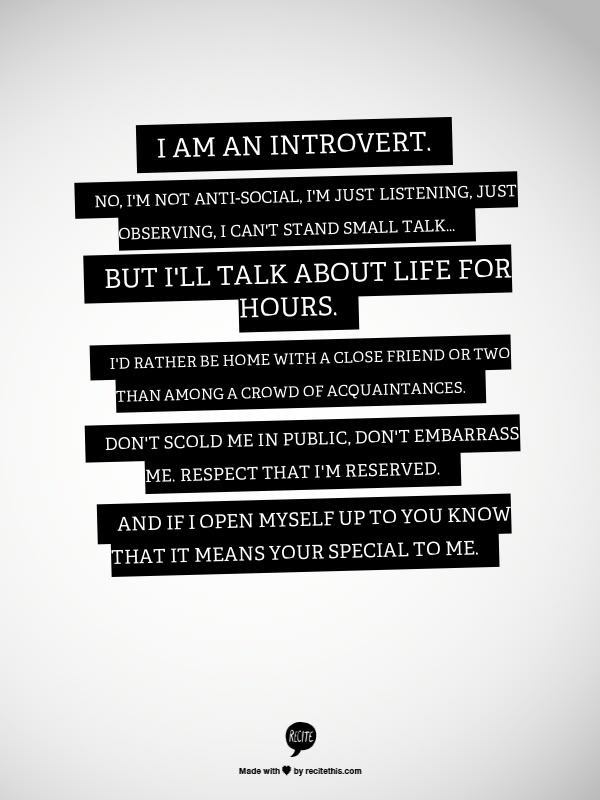How to small talk for introverts
How to Master Small Talk as an Introvert
Small talk is more than useless chatter. Often, it serves as a bridge to other, more meaningful topics — which introverts appreciate.
I know — as introverts, we don’t like small talk. We’d much rather have a deep, one-on-one conversation with someone and talk about things like our hopes and dreams, not surface-level topics like the weather or questions that only require one-word answers.
But, unfortunately, small talk is necessary at times, whether we like it or not. Here are some ways I’ve mastered small talk, even as an introvert.
1. Recognize that small talk is more than just trivial topics.
Believe it or not, small talk is more than useless chatter. If you are an introvert, you might be rolling your eyes at this, but it’s true. Small talk seems pointless because that isn’t how we introverts like to communicate. It isn’t deep or meaningful, and we don’t really learn much about a person or create lasting bonds.
Most of the time, we forget what we even talked about… but that doesn’t mean it’s pointless.
It helps to think about any social relationship we have: You can’t just jump into a conversation by talking about heavy stuff. You need those small bits of communication to build camaraderie and trust.
So once we see that small talk is not (only) a shallow excuse for a conversation, that it isn’t meant to replace a deeper connection, but to build connections in our social lives, it helps us see it in a new way.
2. Think about the purpose, and end goal, of your conversation.
Before you start a conversation, decide what you want to get out of it. Do you want to make a good first impression? Are you trying to work on your social skills and approach more people? It doesn’t really matter what objective you choose, as long as it gives you the reason to be there.
Objectives give introverts a much-needed sense of structure. When you know what you are working toward, then you can plan out exactly how you will get there.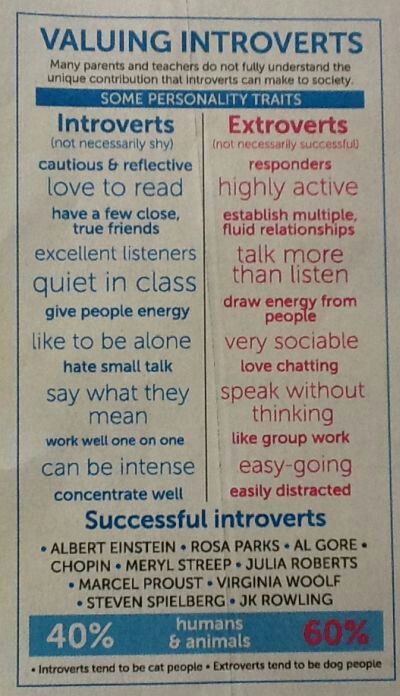 Let’s just think of it like any other item on your bucket list — the goal is to simply cross it off.
Let’s just think of it like any other item on your bucket list — the goal is to simply cross it off.
3. Redirect your anxious thoughts.
It’s common for introverts to get anxious anytime that small talk is on the table — you worry about messing up and you are hyper-aware about every potentially dumb thing that you would do or say. You’re certain that everyone can immediately tell how much you hate being there. So how can you keep your small talk anxiety under control?
Well, the key is to learn where to direct those negative feelings. We often make the mistake of attributing our nerves to our environment. But the truth is, your anxiety doesn’t just come from anything on the outside — it comes from your own thoughts and feelings. So, basically, it is the interpretation of your environment that is making you anxious.
Luckily, however, with a bit of practice, you can learn to reliably separate your nerves from your environment. If you get anxious, you can step outside (or into a bathroom stall) and take a few deep breaths.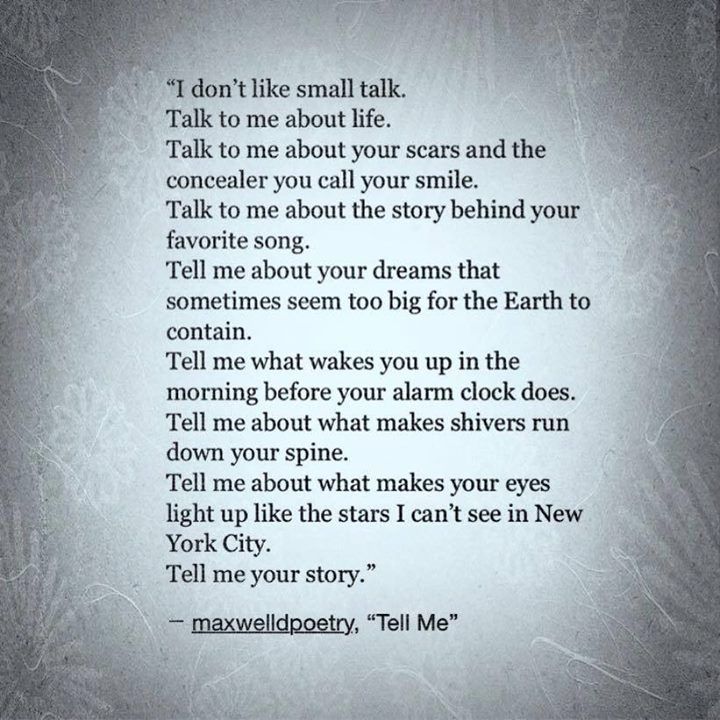 Or you can practice some small talk openers at home (or in your car) in advance, since we introverts like to be prepared. You can “rehearse” lines such as, “What brings you to this event?” or “How do you know the host?” And, the more you say them in advance (to yourself in the mirror, for example), the more confident you’ll be when you actually say them aloud.
Or you can practice some small talk openers at home (or in your car) in advance, since we introverts like to be prepared. You can “rehearse” lines such as, “What brings you to this event?” or “How do you know the host?” And, the more you say them in advance (to yourself in the mirror, for example), the more confident you’ll be when you actually say them aloud.
4. Keep the past in the past — one bad small talk experience doesn’t mean they’ll all be bad.
Many introverts have one or two bad experiences with small talk looming over their heads. As a result, whenever you are in a similar situation, you might think about how badly it went the last time. You are so worried about history repeating itself that you enter every conversation with a pre-conceived notion of how it’s going to go: Terribly.
But if you assume it will be uncomfortable or disappointing, well then, it probably will be. The success of any social interaction relies primarily on your attitude. It changes your speech and body language, which will drastically impact how other people react.
The beauty of small talk is that you have nearly infinite chances to reinvent yourself. There will always be new people to talk to and new conversations to start. Even if you make a first bad impression, you can always try again. So if you’re not looking forward to your next small talk session, try to think of the times it went right instead of wrong.
Join the introvert revolution. Subscribe to our newsletter and you’ll get one email, every Friday, of our best articles. Subscribe here.
5. Create a reward system — when you make it through a certain amount of small talk, treat yourself.
Sometimes you need a little push to get you through an evening of small talk. If you find yourself constantly eyeing the door, then come up with a reward system. As an introvert, you might be wishing you were sitting at home. Normally, you will be immersed in a book, a game, or a hobby. Instead, you are stuck at a party with complete strangers. You could just leave, but will that really solve the problem? If you bail without talking to at least one person, you will be frustrated with yourself for the rest of the night. So, what should you do?
You could just leave, but will that really solve the problem? If you bail without talking to at least one person, you will be frustrated with yourself for the rest of the night. So, what should you do?
Use the things that you do like to accomplish the things that you don’t. Tell yourself that you will spend the night doing your favorite activities — like binge-watching the latest Netflix series — if you speak to, let’s say, at least two people. You will feel way more motivated to take action because you are excited about what comes next — but this only works when you use “punishments.” You don’t get to watch that new Netflix show if you don’t accomplish your small talk goal. In fact, a further punishment can be no Netflix for a week.
6. Let go of any thoughts that people don’t want to talk to you.
I think another reason we introverts struggle with small talk is because we often feel like we are “bothering” someone by starting up a conversation. We hesitate to introduce ourselves because we’re worried about annoying or boring them, and the last thing we want to do is hold someone hostage when we talk to them.
This can easily cripple your confidence, the guilt of “wasting” their time consuming your thoughts. The conversation then ultimately suffers because you are convinced they’d rather be somewhere else.
However, that’s probably 99.9 percent false.
For example, let’s say you are at an event and you see someone standing alone in a corner of the room. What are they thinking about? How do you think they are feeling? Introverts seem to think they are the only nervous, awkward, or inexperienced-at-socializing people in the room. But if you were standing alone in the corner, would you feel confident? No! You’d probably feel anxious or out of place. You might also hope someone would make an effort to come over and start a conversation. You can be that person for them and it’ll be a win-win for you both.
7. Stop catastrophizing and thinking about the worst-case scenario.
Some introverts run away from small talk because they catastrophize every conversation before it even starts. They don’t just picture the worst-case scenario. Instead, in part because of our overthinking brains, they imagine a complete catastrophe! They create so much fear and anxiety that they couldn’t start a conversation even if they wanted to.
They don’t just picture the worst-case scenario. Instead, in part because of our overthinking brains, they imagine a complete catastrophe! They create so much fear and anxiety that they couldn’t start a conversation even if they wanted to.
However, these exaggerated scenarios are unrealistic. You rarely realize how unlikely they are since you don’t stop to think about them logically — your emotions are controlling your thoughts and behavior. When you feel scared, your brain pictures the most horrific version of whatever you are doing. For example, your boss may call you into their office and you may assume the worst. Did you mess up a work project? Are you going to be fired? But then they end up telling you what a good job you’re doing. In fact, they’re even going to give you a raise…
So before you start imagining the worst worst-case scenario regarding small talk situations, you can think about if the worst happens… and then remind yourself that that’s rarely happened (if ever).
You might like:
- Why Introverts Absolutely Loathe Small Talk
- I’m an Introvert, and I Actually Like Small Talk
- Introverts Don’t Hate People, They Hate Shallow Socializing
Small Talk 101 for Shy People
Small Talk 101 Syllabus
Course Description
Getting to know others in your office by striking up small talk conversations is an anxiety-inducing social activity, coming in right behind team-building exercises like the trust fall and that relay thing where you have to race around with a raw egg on a spoon. That goes double for introverted or shy people. This course will provide the student with five no-fail tips for striking up a conversation and sample scripts to demonstrate good small talk in action.
Here’s a tip: Want to make sure your writing always looks great? Grammarly can save you from misspellings, grammatical and punctuation mistakes, and other writing issues on all your favorite websites.
About Your Instructor
Karen Hertzberg holds a Ph. D. in Awkward Social Interactions from The University of Introvert Life. She specialized in Hiding in a Corner and Social Activity Avoidance until she challenged herself to study Conversation and The Art of Peopling. She is now a member of several social groups, the members of which not only do not find her boring but seek her out for conversations.
D. in Awkward Social Interactions from The University of Introvert Life. She specialized in Hiding in a Corner and Social Activity Avoidance until she challenged herself to study Conversation and The Art of Peopling. She is now a member of several social groups, the members of which not only do not find her boring but seek her out for conversations.
Prerequisites
Students should begin this course with an understanding that their own thoughts can be self-fulfilling. If you approach small talk with fear and trepidation, worried that you’ll be boring, you just well might be.
You should understand that you’re a worthy person with interesting things to say. Keep in mind that, particularly at office social functions, other people could well be in the same situation you are—just looking for someone to chat with. They’ll welcome you making an effort to get to know them by striking up a conversation.
How to Make Small Talk in Five Easy Steps
1 Be interested.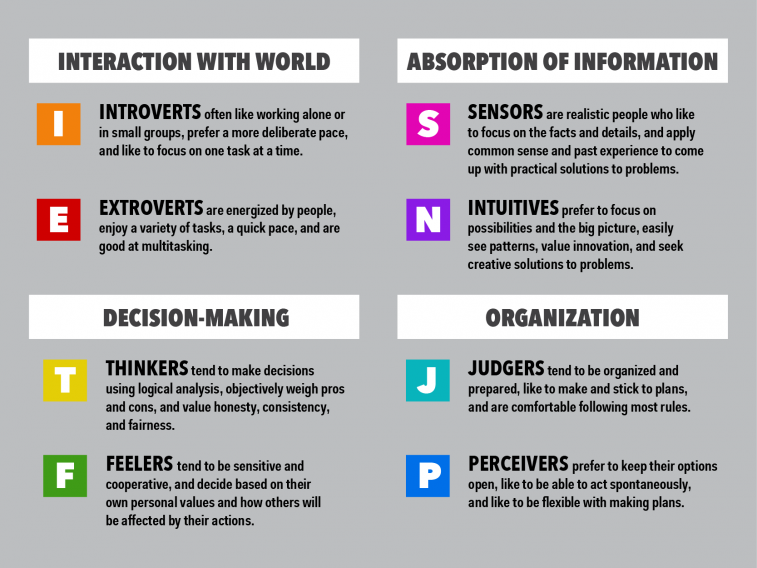
If you want to be interesting, be interested. Dale Carnegie (author of the classic How to Win Friends and Influence People) said it, as have other experts in the social arts over the years. The first and most important step toward making great conversation is to show a genuine interest in the people you’re chatting with. Let curiosity lead the way!
2 Ask questions and follow-up questions.
Your questions don’t have to dive deep in order to make great small talk. You can start simply by saying something like, “How was your weekend?” or “Are you enjoying the party?” Really listen to the answer, and then ask meaningful follow-up questions that show you were paying attention. If the person you’re chatting with says that their weekend was quiet, for example, you can say, “We all need that from time to time! What do you like to do in your downtime?”
3 Be present and watch your body language.
As Dolly Parton’s character in the movie Steel Magnolias cheerily suggested, “Smile! It increases your face value.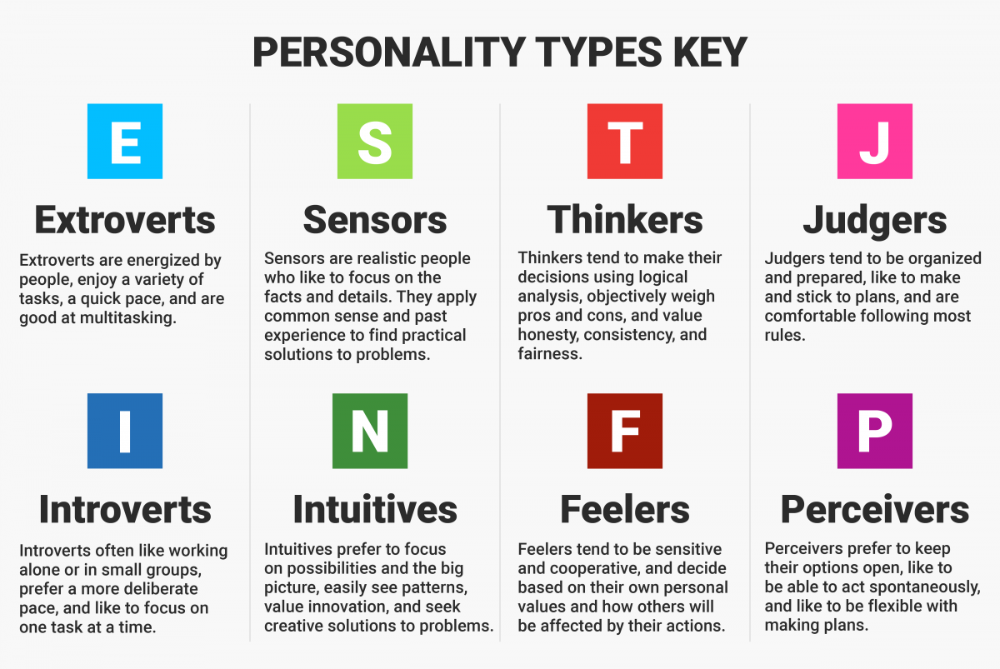 ” Uncross your arms. Don’t look over your shoulder as though you’re planning your exit. And, whatever you do, hands off your smartphone.
” Uncross your arms. Don’t look over your shoulder as though you’re planning your exit. And, whatever you do, hands off your smartphone.
4 Find ways to relate.
While you don’t want to monopolize the conversation, you also shouldn’t make the other person do all the talking. Find some things you can relate to from time to time, and inject your own observations and experiences. After adding some brief commentary of your own (see step 5), be sure to ask another question to lead the conversation forward. If the other person mentions that they like hiking, you might answer, “Oh, me too! I hiked part of the Pacific Crest Trail last year and it was amazing. I usually stick closer to home, though. Where do you usually hike?”
5 Consider the twenty second rule.
Dr. Mark Goulston, author of Just Listen, recommends speaking for no more than twenty seconds at a time. Think of conversation as a traffic signal. In the first twenty seconds, you have a green light—the person you’re chatting with is engaged and enjoying the conversation. But if you go beyond twenty seconds, you’ve got a yellow light. Caution! You’re edging toward boring. At the forty second mark, you’ve officially become too chatty or self-absorbed—red light!
But if you go beyond twenty seconds, you’ve got a yellow light. Caution! You’re edging toward boring. At the forty second mark, you’ve officially become too chatty or self-absorbed—red light!
Small Talk Conversation Examples
Need some inspiration for your next small talk social challenge? The Muse put together forty-eight fun questions to consider asking. Need more small talk examples? Here are some scripts to help you get a better understanding of the process.
When the other person doesn’t have much to say
Be prepared to add some details from your own life before moving on to your next question to keep the conversation from sounding like an interrogation.
“Where are you from?”
“Boston.”
“Ah, I visited Boston a few years back. Great city! I wasn’t a big fan of driving there, though. Next time I’ll take cabs instead of renting a car. Did you like living there?”
“Yeah, it was great.”
“What do you miss most about it?”
When you want to deepen the conversation
Introverts tend to do better in conversations that go deeper than talking about the weather.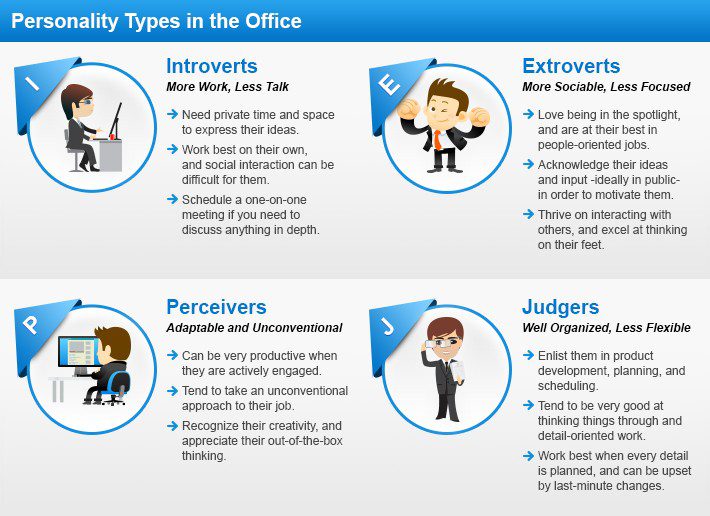 Ask questions that will challenge the other person to give a thoughtful response.
Ask questions that will challenge the other person to give a thoughtful response.
“What do you do?”
“I’m a writer for the email marketing team.”
“Interesting! What sorts of things do you write?”
“I write some ad copy, but mostly I work on the company newsletter.”
“So, how did you become a writer? When did you discover your talent for words?”
When things get awkward
Sometimes conversations take a turn for the awkward. If that happens, acknowledge the awkward thing the other person said to let them know they’ve been heard, and then move on to another topic.
“Are you enjoying the party?”
“Not really. My girlfriend broke up with me earlier today.”
“Wow, break-ups are rough. I’m sorry to hear it. Have you lived in Los Angeles long?”
When you need to make an exit
It’s okay to bail if the conversation is going nowhere, just do it gracefully. Summarize the last thing the person said to you, then excuse yourself.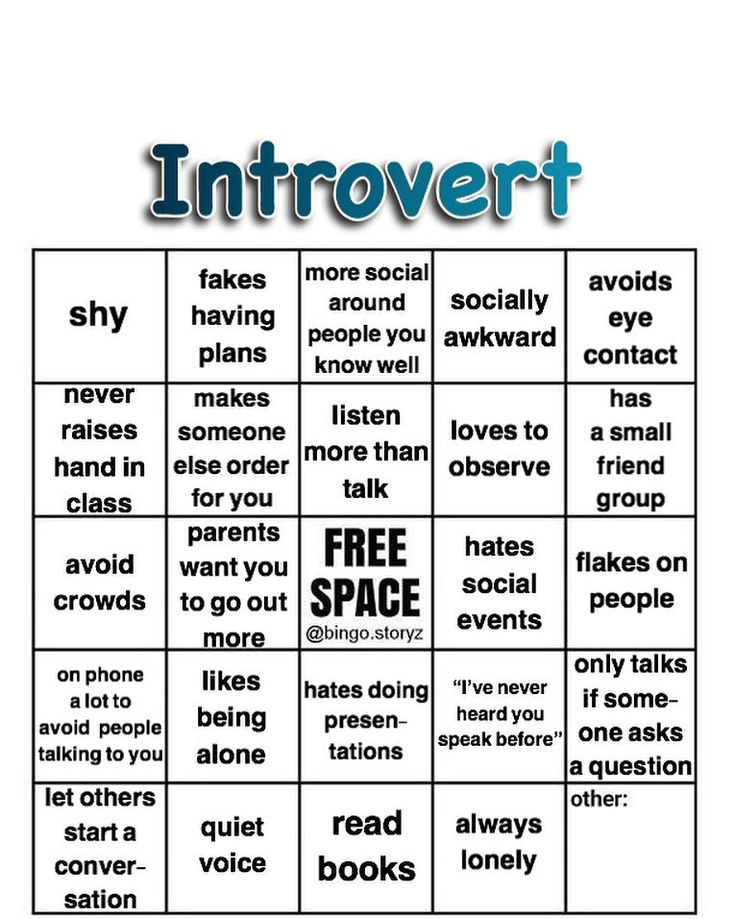
“It’s pretty amazing that you’ve trained your cats to reenact scenes from your favorite sci-fi movies. Sounds like you’ve found your niche. Now, if you’ll excuse me, I need to go make a phone call. Enjoy the party!”
Homework: Go Be Interesting!
Making small talk doesn’t have to be anxiety-provoking or tedious. When you worry less about whether you’re being interesting and, instead, show an active interest in others, you become more likable. Think of social interactions not as performing but exploring.
6 Basic Principles of Small Talk
Most people hate small talk. This is especially true for introverts . But, regardless of your skills and fear that you will not have enough words to communicate or you will feel uncomfortable - you will not be able to avoid talking about seemingly unimportant things.
Davis Berkus (author of Friend of a Friend: Understanding the Hidden Networks That Can Transform Your Life and Your Career) emphasizes that small talk is not just an act of politeness.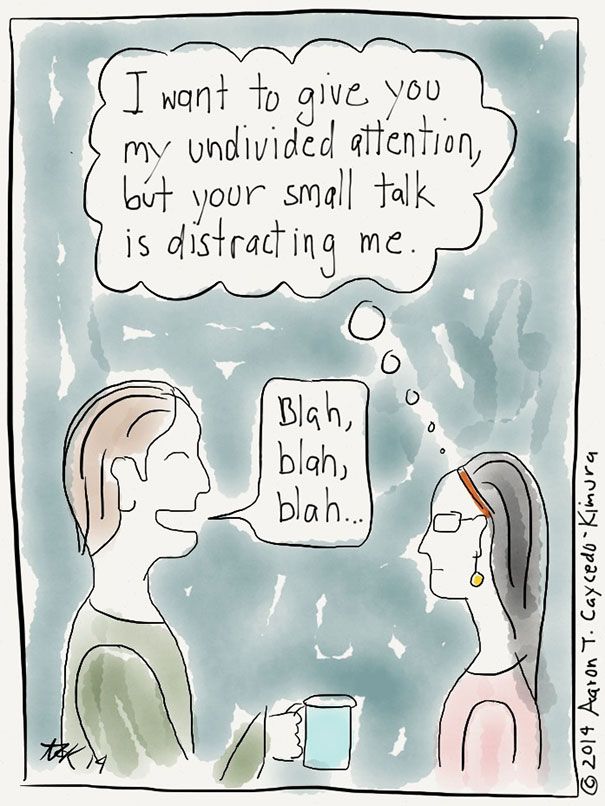 In fact, these conversations have a direct impact on success in various areas of life. And, if you have a negative attitude towards small talk and try your best to avoid it, then you simply cut yourself off from a lot of contacts and new social connections. In addition, research confirms that "frequent small talk makes people happier" even introverts.
In fact, these conversations have a direct impact on success in various areas of life. And, if you have a negative attitude towards small talk and try your best to avoid it, then you simply cut yourself off from a lot of contacts and new social connections. In addition, research confirms that "frequent small talk makes people happier" even introverts.
Strong relationships are built on small talk. Events to create and strengthen business connections, Friday parties with friends, and even a simple line for coffee can require good communication skills for making small talk. By learning some simple techniques and phrases, you can learn how to become a master of communication and make a positive first impression.
So let's go back to the basics and look at the basic tips for communicating on general topics. But first, let's remember what is meant by small talk.
What is small talk
Talking about general topics - a very important process like a door inviting to deeper communication.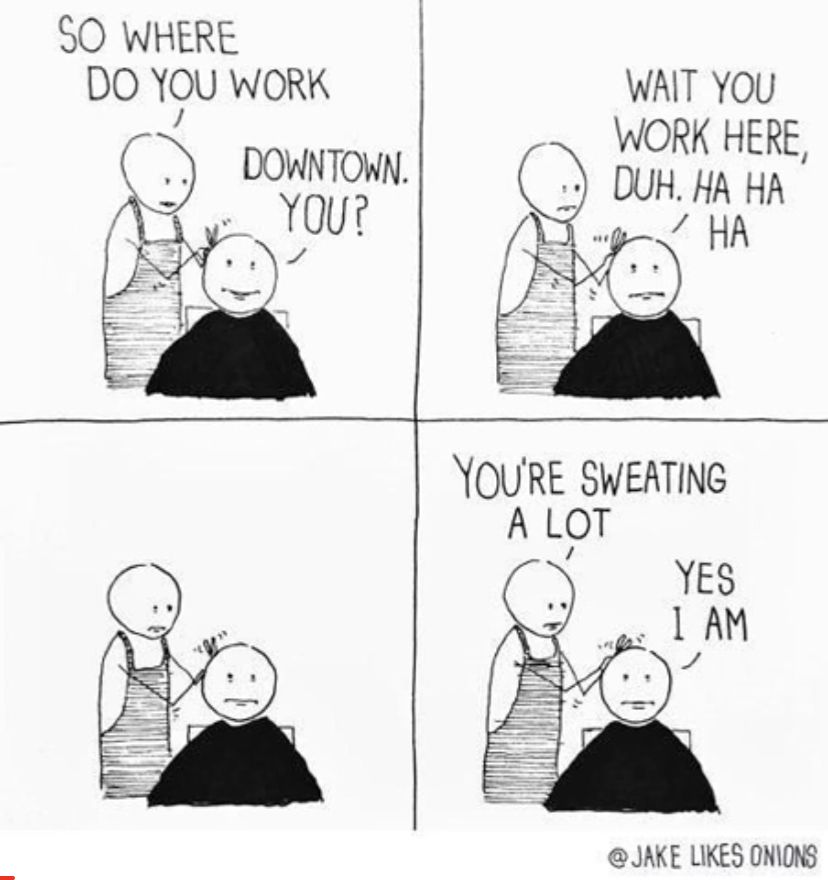 You just have to knock on it, wait for the other person's response, and see if you are prompted to enter. Whether you're talking to a friend or a colleague, even office small talk should be light and informal. As a rule, small talk is communication between people who are not very close friends. Often, such communication can be encountered at social events and during joint work.
You just have to knock on it, wait for the other person's response, and see if you are prompted to enter. Whether you're talking to a friend or a colleague, even office small talk should be light and informal. As a rule, small talk is communication between people who are not very close friends. Often, such communication can be encountered at social events and during joint work.
Most dictionaries define small talk as a short conversation on an insignificant topic. However, there are other points of view. Some people believe that such communication is intended to fill in the gaps in the conversation and to avoid awkwardness; others see in it a strategic component of . That is why talking on general topics is an integral part of small talk, especially in English-speaking countries.
It's no surprise that Americans find it easy to talk to shop assistants, strangers, at the gym, or even taxi drivers. In some cultures, such communication is perceived as a waste of time, but in English-speaking countries, such communication is commonplace.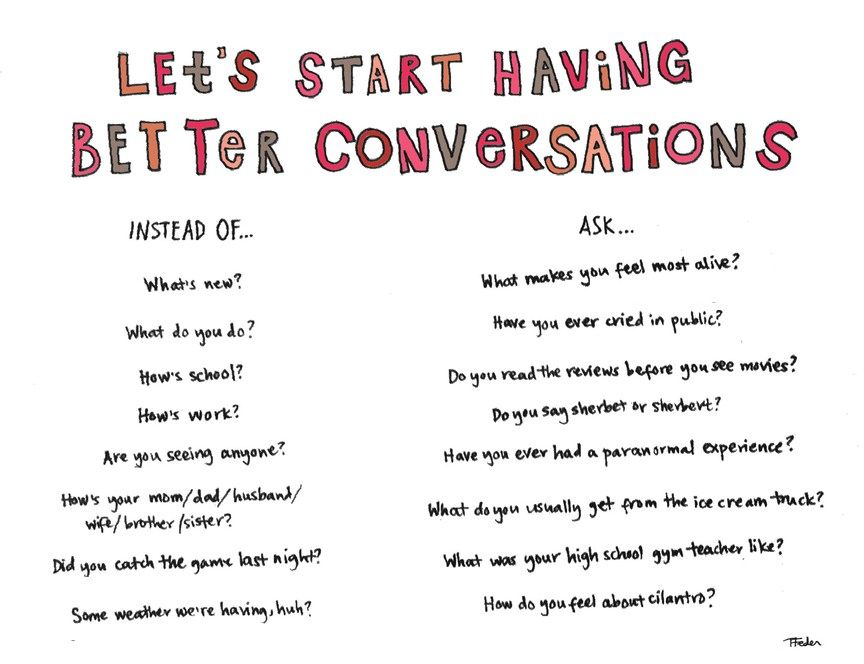
Small Talk Steps: 5 Basic Principles
There are five strategic tips on how to improve social communication and not be afraid to communicate in any situation.
Show genuine interest
If you want to hone your communication skills and learn how to make small talk more effective, you need to get rid of thoughts about its meaninglessness. Every new person you meet in life is a new and unique opportunity. Perhaps in the future you can become friends, they will become your customers, or you will learn something useful from them for yourself.
History knows many successful business partnerships and long-term relationships that started with simple phrases. For example, before Ben Cohen and Jerry Greenfield befriended and founded Ben & Jerry's, they hung out while exercising.
Every time you communicate with a stranger, you are given a great opportunity to develop and grow. So instead of worrying about every new conversation, approach the process with passion.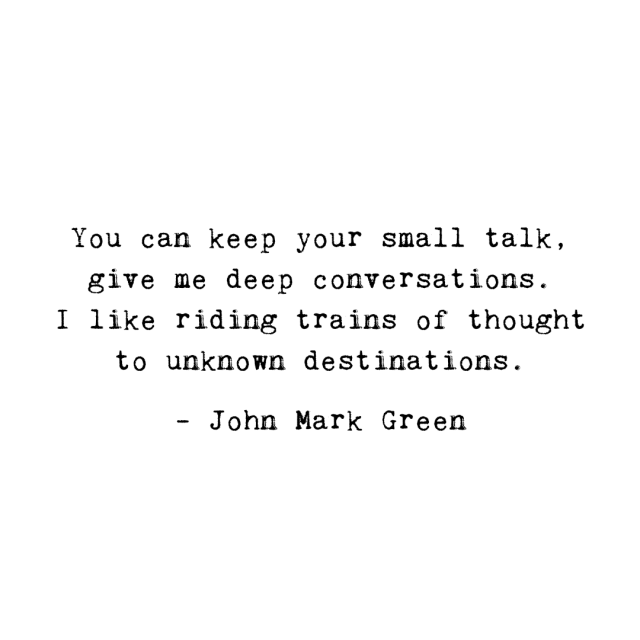 Show sincere interest when meeting with the interlocutor and try to learn something new. When you enjoy communication, it becomes meaningful.
Show sincere interest when meeting with the interlocutor and try to learn something new. When you enjoy communication, it becomes meaningful.
Ask open-ended questions
People like to talk about themselves. Why? This is the easiest topic to discuss. It is always difficult to communicate on an unfamiliar topic. What would you prefer? Talk about the influence of Shakespeare on cinema and television, or talk about your favorite film?
The answer to closed questions is usually one word. On the other hand, open-ended questions help build an exciting and dynamic conversation that encourages the other person to open up.
Check the latest updates on our language learning tips
Beginning of form
End of form
If you don't want to be too pushy start with simple questions If you don't want to be too pushy start with simple questions. According to Alan Garner (author of Conversationally Speaking: Tested New Ways to Increase Your Personal and Social Effectiveness), the best way to have great small talk is to ask open-ended questions after closed ones.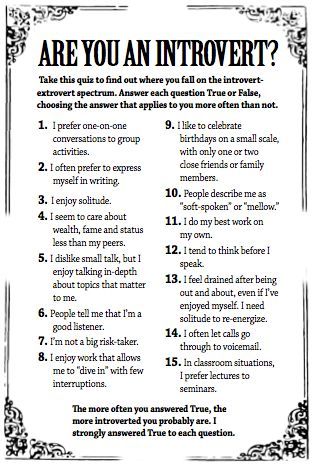
Here are some examples of small talk questions:
- “Where are you from?” followed by “What is your hometown? What do you like most about it?
- “What do you do?” followed by “Why did you choose this job? How did you get into the profession?
- "Have you attended similar lectures before?", then "What do you think of today's presentation?"
Never talk about something too personal
When you first start talking, you know almost nothing about the interlocutor. For this reason, author, speaker and blogger Gretchen Rubin recommends choosing common topics for interlocutors .
Prohibited topics for communication: health, religion and political views. Top topics:
- Weather
- Sport
- TV shows and movies
- Art
- Your meeting place
- Food and cooking
- Hobby
- Professional interests and responsibilities
Just have a light conversation and ask questions about interests, work or environment.
Want more topics and useful conversation starter phrases? Check out our article " 10 Topics for Easy Conversation at Work ".
Practice active listening
Active listening is a method of communication that involves conscious understanding of what the interlocutor is talking about. Of course, we all concentrate from time to time. But if you focus on what the other person is saying, you can create a much stronger bond. Undoubtedly, your interlocutor will definitely pay attention and appreciate your interest.
Here are some simple steps to help you become a more active listener during small talk at work or anywhere else:
- Try to maintain eye contact 60% of the time. In addition, you may occasionally nod your head to express interest in a topic.
- Never interrupt the other person or prepare a response while the other person is talking.
 Remember that the last thought spoken can change the meaning of what was said before.
Remember that the last thought spoken can change the meaning of what was said before. - Do not give unsolicited advice, suggestions or solutions.
- Remain open-minded and discard judgments and stereotypes.
- Be patient, ready, but relaxed.
- Ask questions during pauses to clarify what was said.
- Pay attention to non-verbal behavior to discover the hidden meaning of the interlocutor's words. Intonation, facial expressions, and other actions can often tell more than the words themselves.
If you want to learn how to make small talk and become a master of conversation on any subject, you must become an active and empathetic listener. Develop active listening skills and you will definitely improve your communication skills.
Put the phone down
What is the best way to make small talk? Let the interlocutor feel their importance. In fact: there is nothing more annoying than communicating with a companion who regularly checks his mobile phone.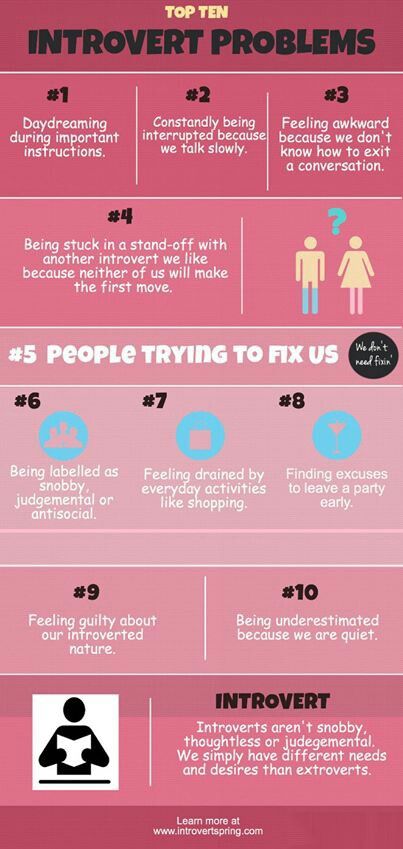
As a rule, people reach for a mobile phone when they feel uncomfortable in a certain situation. On the other hand, there is nothing more terrible, reducing all communication efforts to nothing than the active use of the phone during a conversation.
Seek opportunities to socialize
Whether you enjoy small talk or do your best to avoid it, these tips will help you get the most out of it. If you don't know how to talk about general topics with management or a stranger at the front desk, then use the tips above to avoid getting into a puddle.
Keep in mind that the more often you communicate with strangers, the more comfortable you become to communicate in the future. To overcome your fear of small talk, practice in an unfamiliar environment. Attend an event to create and strengthen business connections in another area, or ask friends to attend their business events together. Good luck!
28 Small Talk Questions to Make Communication Easier
Travel
Below are a few good questions that are sure to please people who are passionate about travel.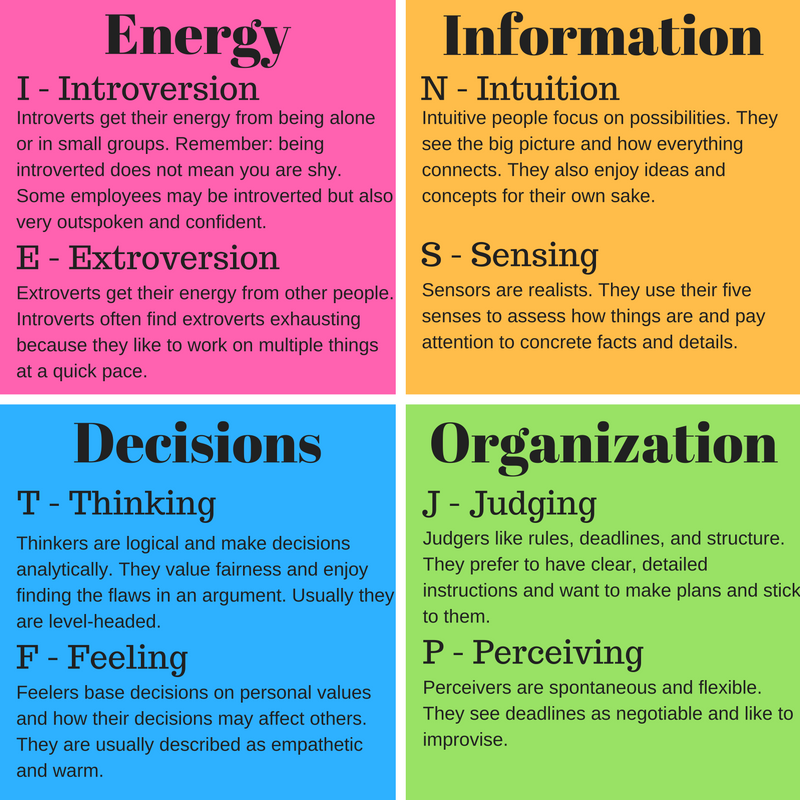 Remember that these questions are not conversation starter questions. Therefore, first greet the interlocutor, chat on a neutral topic (for example: weather, greenhouse effect, disgusting coffee in the office, and so on). And only when you feel that the interlocutor wants to continue communication, you can ask any of the following questions:
Remember that these questions are not conversation starter questions. Therefore, first greet the interlocutor, chat on a neutral topic (for example: weather, greenhouse effect, disgusting coffee in the office, and so on). And only when you feel that the interlocutor wants to continue communication, you can ask any of the following questions:
- By any chance, do you know of any good tour agencies near our office?
- I've heard you went to Europe a couple of times. Is it worth going in winter?
- Is it true that Thai food tastes differently in Bangkok and other countries at the same chain restaurants?
- Weren't you scared to climb that mountain? What was the most challenging thing about the whole trip?
- I’ve seen your recent FB post about swimming across the Gibraltar Strait. What was it like?
- Have you seen that beautiful waterfall in your trip to Dumbría? And how about the rest of Galicia? What are your best and worst impressions?
- How do you deal with jet lag during and after your business trips?
Leisure and entertainment
The best questions for small talk are those that are relevant to the topic of communication and support it. However, it is only natural that some of the examples in this article may not suit your purposes. Therefore, you must improvise according to the situation, or plan small talk ahead of time. This way, more shy people can test their communication skills in a less stressful environment. Review the list of questions below and make sure they are asked in a friendly, not intrusive way.
However, it is only natural that some of the examples in this article may not suit your purposes. Therefore, you must improvise according to the situation, or plan small talk ahead of time. This way, more shy people can test their communication skills in a less stressful environment. Review the list of questions below and make sure they are asked in a friendly, not intrusive way.
- By the way, do you know any good game apps for the daily trip to work?
- Have you heard anything good about that expo in the Gallery? My girlfriend wants to visit it, and I'm more into that new movie with Tom Cruise.
- I've heard you were at the Kaleo concert, what was it like?
- What are some good fitness clubs or gyms not far from here?
- Does anyone on our team like boxing? I'm just looking for a sparring partner.
- Do you know of any good restaurants serving Italian cuisine near our office? I have a meeting with a customer who adores pasta.
- Do you fancy playing ping pong? Maybe we could have one game after work or during lunch break?
In the office
How to make small talk at work and not look stupid? If you are a beginner who wants to adapt to a new work environment, then during the first month, try to listen more than talk. When you understand exactly what topics your colleagues are discussing, join the dialogue with your own point of view. Below I have compiled a few common questions that you can use from day one.
When you understand exactly what topics your colleagues are discussing, join the dialogue with your own point of view. Below I have compiled a few common questions that you can use from day one.
- I like a friendly atmosphere in this office. How long have you been working here?
- What should a newbie do to make this printer work? Thanks, how long did it take you to get used to all new staff at the workplace?
- Do you have any team-building activities like football or table games?
- I noticed that you stay late after work, is it expected work overtime on our team?
- Do you know how to get to work from the center to avoid spending an hour in a traffic jam?
- I've heard there's a parking lot for bikes near our office. Do you know where it is exactly? Oh, you take a bike too… that's great…
- Did you take any extra courses in Python? What school can you recommend?
TV series, movies, music
You will meet different people and it can be difficult to find common ground with some people. However, if you need to communicate with such a person, talking about cinema, music or TV shows is always a winning strategy. These topics can be discussed even with a stranger on the plane, as they represent common hobbies. Review the following small talk questions to find out about someone's preferences or interests:
However, if you need to communicate with such a person, talking about cinema, music or TV shows is always a winning strategy. These topics can be discussed even with a stranger on the plane, as they represent common hobbies. Review the following small talk questions to find out about someone's preferences or interests:
- Are you talking about the last episode in the second season of Stranger Things ? What terrified me the most was…
- What do you think about Ocean's 8 compared to the trilogy with George Clooney?
- Do you like alternative music? It seems I’ve overheard a Bastille track through your headphones… and what do you think of Muse ?
- How were your holidays? Oh… good, my fine too, I finally found time to watch a sequel of The Avengers. Have you seen it?
- What do you think about movies in Spanish? I’ve seen Amenábar’s Tesis , and I was really impressed. The movie is old but so worth seeing…
- It's two days in a row now that I cannot find any good TV series to watch.
 What are you at?
What are you at? - What TV shows are at the top of your list? Perhaps you could recommend me something.
Want to get the best tips to improve your language skills? Subscribe to our blog updates and receive weekly helpful articles via email.
How to make small talk - Lifehacker
November 13, 2021LifeColumn
A sense of humor, erudition and appropriate compliments will help.
Share
0You can listen to the article. If it's more convenient for you, turn on the podcast.
Tatyana Shakhmatova
Candidate of Philology, lecturer, author of the series of books "Philological Investigation" published by "Eksmo".
Small talk, or small talk, originated in France and England. In the 19th century, the Russian high society adopted the skill of dialogue of associations (another name for small talk), but over the years of Soviet history it was lost.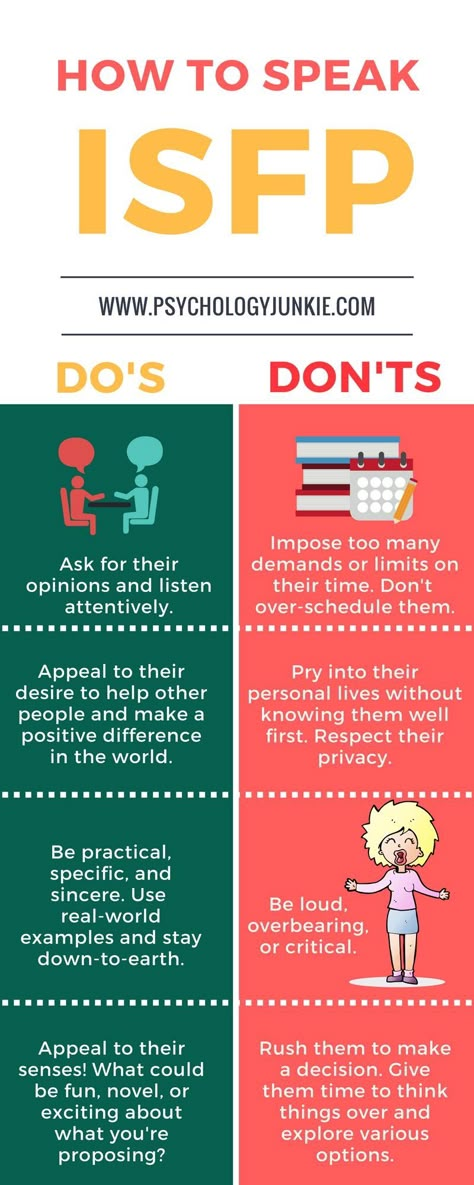 However, the roots of the domestic inability to conduct a secular conversation are even deeper: a non-binding conversation to establish contact is absent not only in our culture, but also in the language code.
However, the roots of the domestic inability to conduct a secular conversation are even deeper: a non-binding conversation to establish contact is absent not only in our culture, but also in the language code.
There are simply no speech samples of the small talk genre in our arsenal, and we have nothing to build a light conversation from. Moreover, our very mentality seems to resist "small talk". We love depth in conversation, and English weather talk seems empty to us, and Chinese small talk about food seems silly.
Meanwhile, business etiquette is actively developing in Russia, which involves communication at business meetings, forums, and business breakfasts. In these formats, too serious and personal conversations are unacceptable. How, in a few minutes, to win over an unfamiliar or unfamiliar person, to establish contact and at the same time not alienate? There is only one way out: we will have to come up with a Russian small talk. But before inventing your own, you should pay attention to what has already been invented.
What can be borrowed from English small talk
In an English conversation, there are a lot of thematic taboos, because in this format of communication one cannot argue, violate the boundaries of the interlocutor, spoil his mood or make him bored. Residents of Foggy Albion do not like to talk about personal life and relationships within the family, about religion, health, problems at work, politics, earnings, Brexit, migrants, philosophy, football (especially if you are from Manchester, and your counterpart is from Liverpool).
It's easier to list decent conversation topics than to remember all English taboo topics. However, such a careful selection suggests that we have completely safe and win-win options that will be appropriate in almost any situation and with any interlocutor.
Safe topics for light conversation
1. Weather
A typical English conversation about the weather looks like this:
— It's quite warm today.
— Yes, it was a wonderful day.
- The sun seems to have come out for the first time this week.
- Yes, I don't remember the sun showing for more than ten minutes these days.
- It seems that the summer before last also had a lot of cloudy days.
- I remember that summer very well, my family and I just rented a lovely cottage in Sussex near the coast, but we never even went on a picnic ...
Perhaps this topic is not the best for Russian speakers, but if you approach the issue with humor and savvy, then the weather may well fit. I will give examples that I heard myself:
- "It seems pointless to take a taxi: it's pouring so hard that it's time to start building the ark."
- “Come in, sit down. It's pretty warm in here." “Yes, I’ll take off my hat as soon as it freezes off my head.”
The famous English rule of creating comedy is not too bad - “not too bad”.
2. Pets
The English are dog lovers. The fashion for dogs is supported by the Queen Mother herself, so making a remark about the breed of a passing animal or inquiring about the health of a colleague's terrier is a perfectly acceptable start to a conversation in Foggy Albion.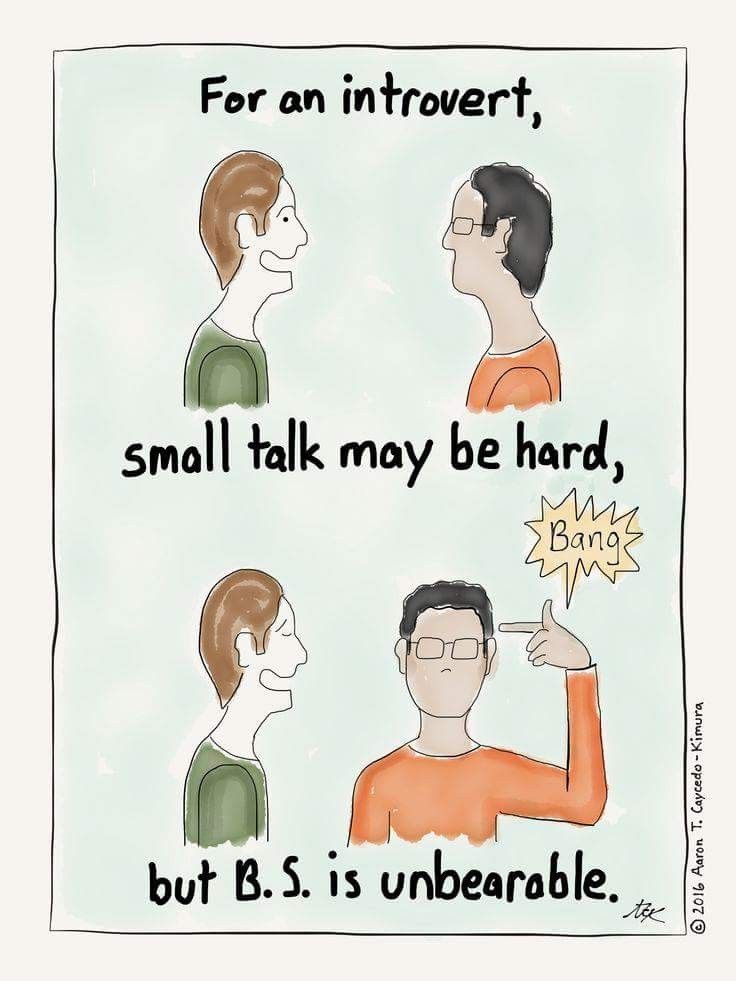
- I have a dog of the same breed as on this calendar.
— Oh, really? My mother had exactly the same, it is a wonderful breed.
- You are absolutely right, there is almost no trouble with these dogs. True, they are very mobile.
— But from some point of view, this is even a plus.
3. An object in the hands of the interlocutor
As an example, I will give a case that happened to me personally and at first puzzled me.
"Are you going to eat this cake alone?" a saleswoman asked me in a small patisserie near our house in Warrington.
I managed to get offended, and twice: do I really look like a person who has no one to eat cake with? Or is the employee hinting that it's time for me to quit eating pastries at night in a dark kitchen?
But then it dawned on me that they were trying to start a small talk with me and there was a very specific meaning behind this strange question. In essence, this is a question about the composition of the family (that very personal taboo question like “Do you have children?”), But it is asked very correctly.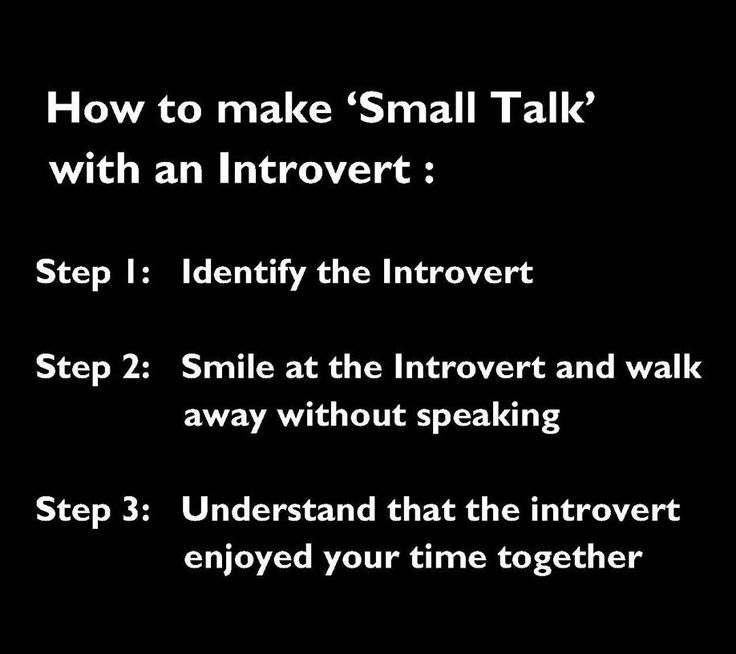 Seeing a new face, the saleswoman wanted to find out how often I would come to her candy store and buy sweets.
Seeing a new face, the saleswoman wanted to find out how often I would come to her candy store and buy sweets.
“My husband is not too fond of sweets, but I will definitely give him a try,” I answered after an obscenely long pause.
The lady breathed a sigh of relief. To offend someone is the worst of evils in English conversation, and my face seemed to be one of intense thought.
“I hope you both like it. Have a nice day, come with your husband, we have more nuts and sweets based on stevia!” she smiled. Voila, the goal has been achieved: the exchange of information has taken place, there is contact.
A question about an object is good because it has a clear situational framework, from which it is not so easy to go into a personal zone. An unusual pen or a sticker on a laptop, a conference program - everything can be an occasion to start a light conversation. I spoke to one of my future students, trying to find out who Totoro was, in the form of which her phone case was made. As a result, we worked with her for almost two years, and it all started with the object in her hands.
As a result, we worked with her for almost two years, and it all started with the object in her hands.
Rules to adopt
- Agree with the other person. Even if a banality has been expressed, it is always nice to hear the answer "yes": "Good weather is so uplifting!" “I can't help but agree with that.”
- Use humor. If it's bad, imagine it could be worse. If everything is dazzlingly beautiful, pretend that you do not attach too much importance to it. The rule “not so bad” works in small talk in both cases.
- Compliment and ask questions. Even if you do not like animals, since we are talking about them, praise the dog of the interlocutor. Or his cat (this topic is definitely a win-win). It is also appropriate to ask a question, make a comment or compliment the object in the hands of the interlocutor.
What else will help to conduct a small talk in Russian
Russian speakers have much less forbidden topics for communicating with strangers than the English.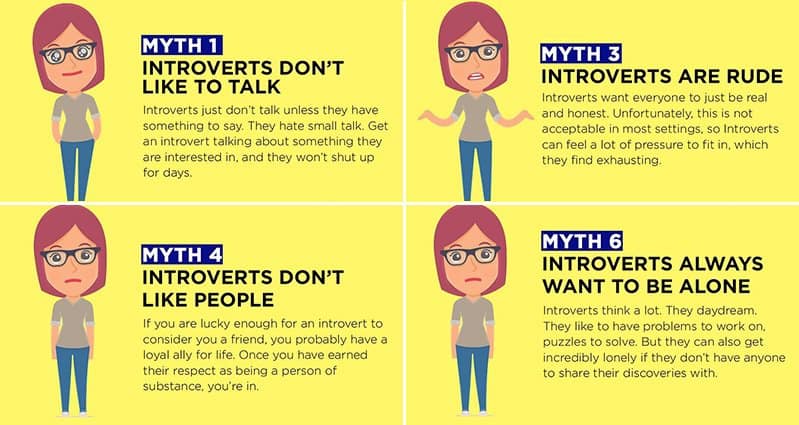 It is safe to name the following irrelevant topics:
It is safe to name the following irrelevant topics:
- nationality;
- family structure, marital status;
- income level;
- religion and attitude to religion;
- state of health, illness, death;
- acute social issues (for example, my students named feminism among such topics, since it is often understood and perceived ambiguously).
On the one hand, weak thematic regulation is a plus, since it is easier to find a common topic for conversation. On the other hand, it is a minus, because even in a short conversation a conflict situation can arise. From this feature follows the first important skill in order to successfully carry on small talk.
1. Switching the topic
- Do you have children?
- No.
- Usually they answer that they are, so I'm asking this question to find common topics.
- I can lie if you want. Ask again.
- Hmmm. Terrible start.
This is not a dialogue from a theater of the absurd play, but a real conversation that I heard with my own ears. The person chose an unsuccessful question to start a conversation, and having received a negative answer, he tried to explain that the situation did not improve. Nevertheless, the course of the conversation was managed to be corrected with the help of humor. The suggestion to lie and the comment "terrible beginning" had already been uttered with a smile. In this case, the method of extreme sharpening of the situation worked, turning it into a parody of itself.
The person chose an unsuccessful question to start a conversation, and having received a negative answer, he tried to explain that the situation did not improve. Nevertheless, the course of the conversation was managed to be corrected with the help of humor. The suggestion to lie and the comment "terrible beginning" had already been uttered with a smile. In this case, the method of extreme sharpening of the situation worked, turning it into a parody of itself.
You can use a joke or a question that seems to suddenly pop into your head to switch the subject. And if you have mutual acquaintances with the interlocutor, switching the subject is even easier:
- “But I recently met our classmate!”
- “How is your boss doing? We used to work with him on the same project.”
- “I completely forgot, Alexey asked me to say hello.”
2. Questions that require a long answer
Use them instead of "closed" questions that can be answered with "yes" or "no". For example: “To be honest, I never shared the idea that tests like the Rands test can really determine the viability of a team. What do you think? A similar question posed to colleagues can give rise to a whole discussion.
For example: “To be honest, I never shared the idea that tests like the Rands test can really determine the viability of a team. What do you think? A similar question posed to colleagues can give rise to a whole discussion.
3. Long answers
Even if the question can be answered in one word, it is important to give the interlocutor a hook to keep the conversation going. Enter in your answer any new information that he might respond to.
- I noticed that you like to cook.
— Yes, I especially like trying new recipes. Every time I visit a new country, I try to learn some culinary secrets from the locals.
- Oh, you're also a traveler? This year I visited Kamchatka for the first time and finally realized my dream.
4. Erudition and responsiveness
Name a couple of names from the field you are talking about, or from the area of your common professional interests, give an interesting fact. It always makes a good impression.
As an example, let's take the following conversation at the coffee break of a conference dedicated to book marketing:
— Ivanov voiced an interesting idea about a creative approach in sales: how to sell a book to a person that he did not even think of buying.